We all know the comfort of that first morning cup of coffee, the aroma, the warmth, the energy boost. But coffee isn’t the only drink that can hook us in. Some beverages contain ingredients or combinations that make them even more habit-forming than a regular caffeine fix. Whether it’s sugar, stimulants, or simply the pleasure of flavor and texture, these drinks have mastered the art of addiction. Let’s look at eight beverages that might be more addictive than your daily coffee.
1. Energy Drinks
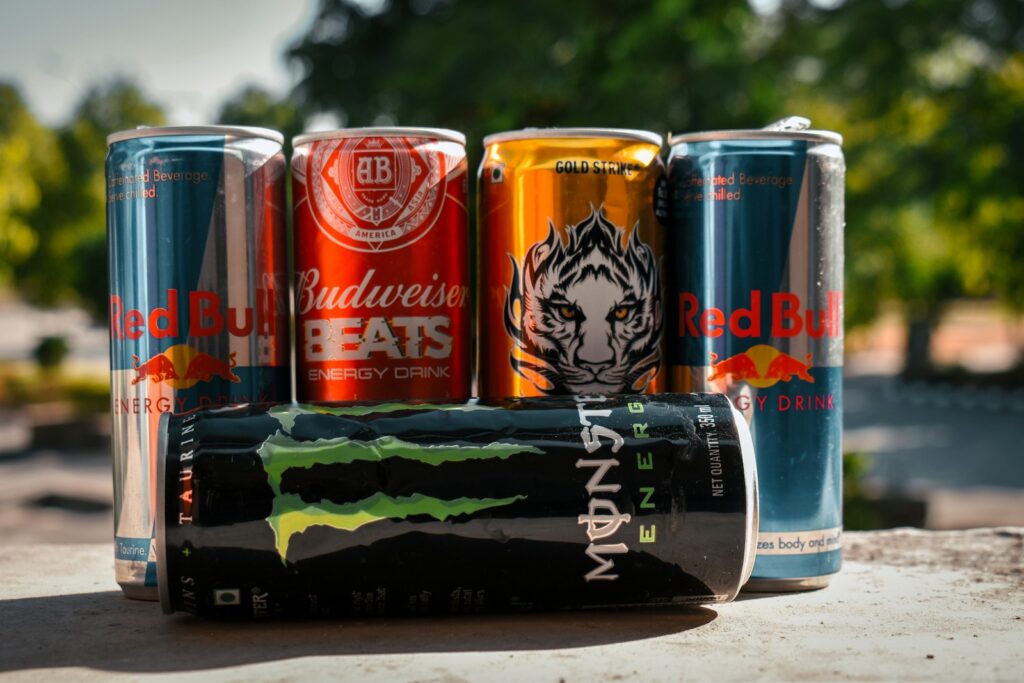
Energy drinks exploded in popularity during the 1990s and early 2000s, marketed to students, athletes, and night-shift workers. What makes them dangerously addictive is the intense combination of caffeine, sugar, and additives like taurine and guarana. These ingredients stimulate both the body and brain, offering an instant surge of energy followed by a crash that tempts you to reach for another can. Over time, your body begins craving the rush, making these drinks far more habit-forming than coffee.
2. Sugary Sodas
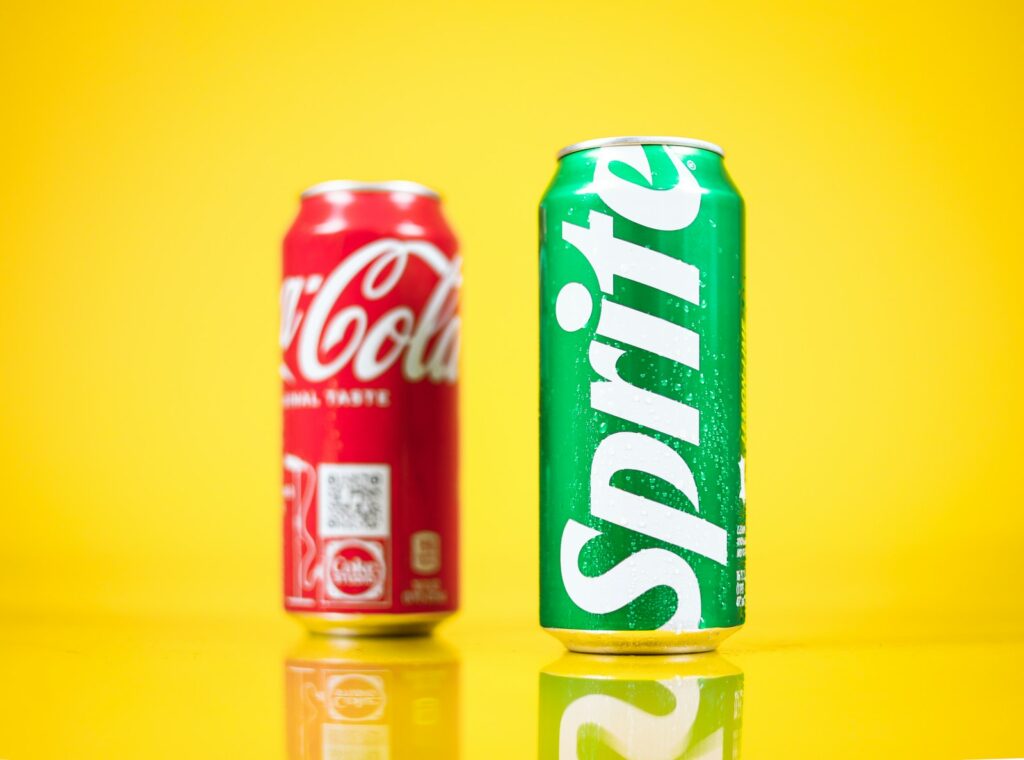
Sodas may seem harmless, but they’re one of the most consumed addictive beverages worldwide. The addictive element lies in their sweet, fizzy burst combined with a mild caffeine dose in many cola-based versions. The brain’s dopamine response to sugar mimics that of addictive substances, creating a rewarding sensation with each sip. Because sodas are cheap, accessible, and socially accepted, the habit feels normal even as dependence quietly builds. That’s why quitting sodas can trigger real withdrawal symptoms.
3. Flavored Milkshakes and Bottled Milk Drinks
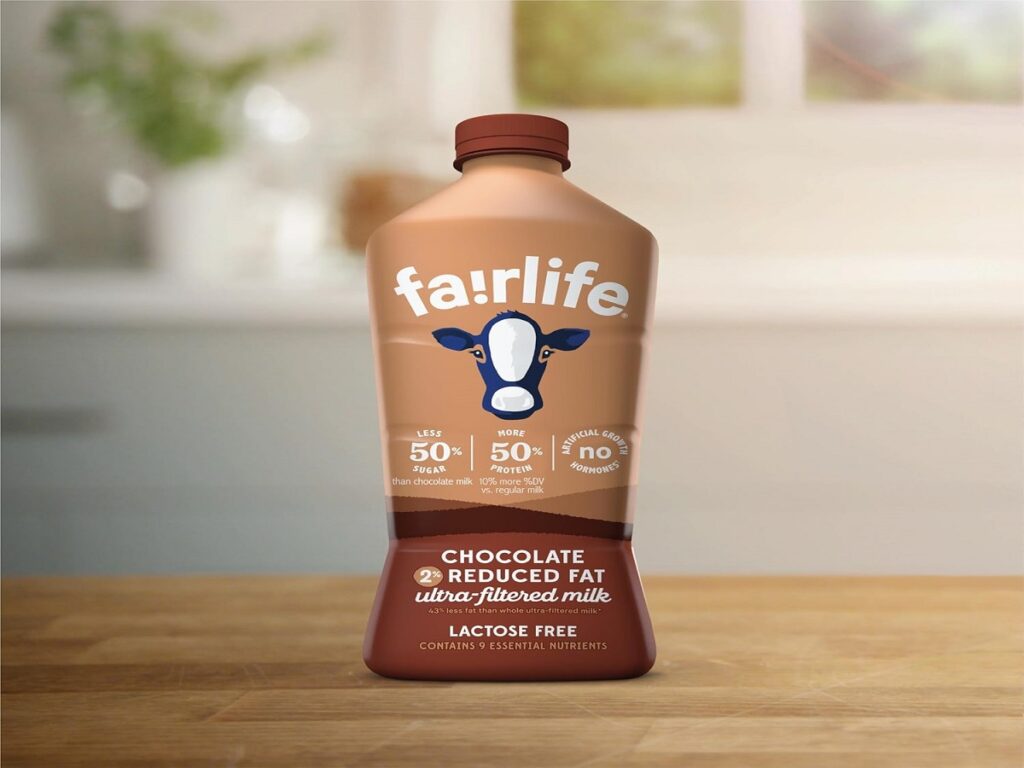
Flavored milk and bottled milkshakes might seem wholesome because of their dairy base, but their sugar levels can rival those of desserts. The creamy sweetness triggers the brain’s reward system in much the same way as sweets or chocolate. Many commercial versions contain added flavors, syrups, and preservatives that enhance taste and shelf life, encouraging frequent consumption. The cold, rich texture and comforting flavor make these drinks emotionally satisfying, turning an occasional treat into a daily craving.
4. Sports and Recovery Drinks
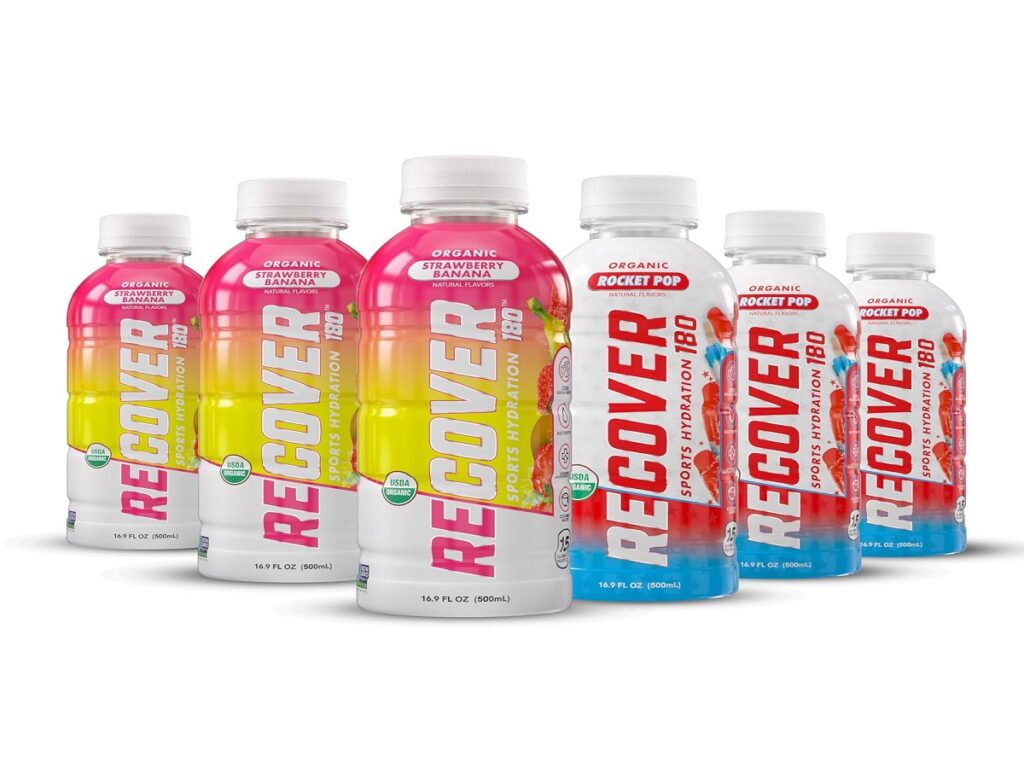
Originally designed for athletes, sports and recovery drinks became mainstream as “hydration boosters.” However, their appeal now extends far beyond gyms and playing fields. Packed with sugar, electrolytes, and artificial flavorings, they’re marketed as essential for energy and recovery. But in reality, most people drinking them aren’t replenishing anything significant; they’re feeding a sugar-driven cycle of quick satisfaction. Their refreshing sweetness and “active” branding make them easy to overconsume without realizing how addictive they can become.
5. Sweetened Iced Teas and Frappuccino-Style Tea Drinks
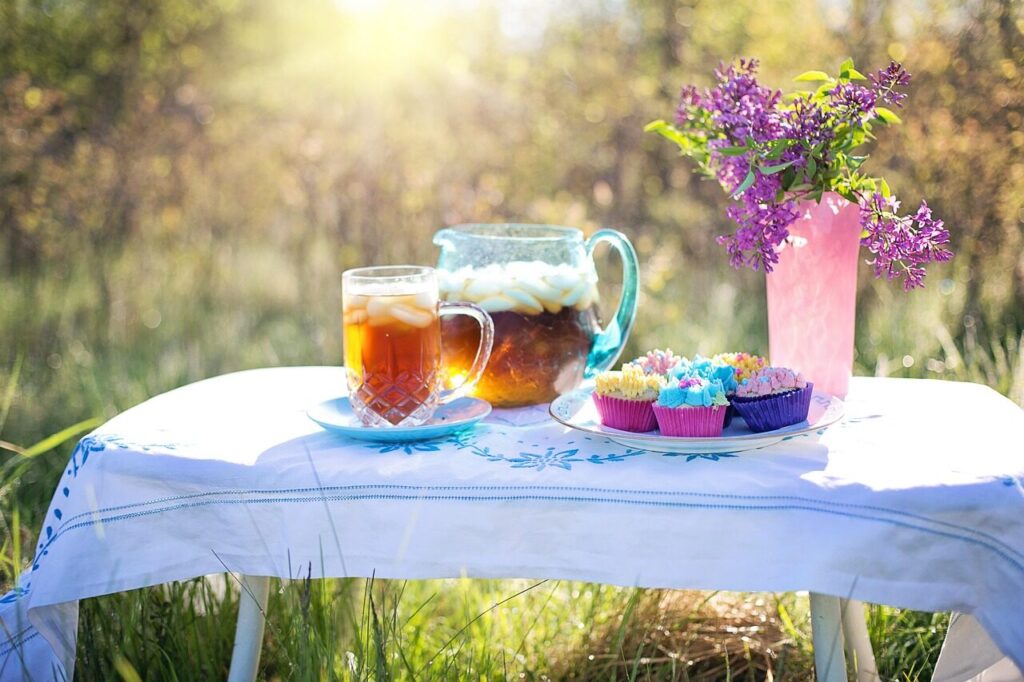
Tea itself is mild and soothing, but once mixed with sugar, milk, syrups, and ice, it transforms into an entirely different drink. Sweetened iced teas and café-style tea blends, like chai lattes or matcha frappes, combine sugar highs with caffeine hits. These drinks often feel more “sophisticated” than soda, making them even more tempting. The ritual of buying or preparing them adds a comforting habit factor, and before long, that afternoon tea fix becomes an irresistible craving.
6. Flavored Hot Chocolates and Sweetened Coffee Blends
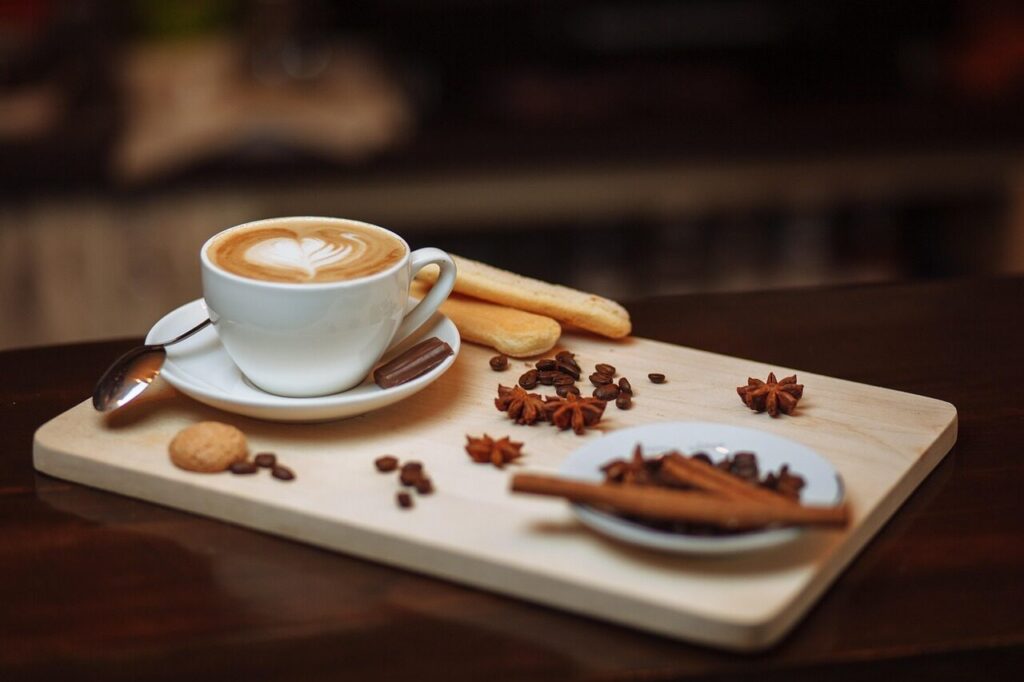
Café-style hot chocolates and sweetened coffees are often dessert in disguise. They mix caffeine, sugar, chocolate, and cream, a combination that triggers both physical and emotional addiction. The indulgent flavor makes them feel like a treat, but their high sugar content keeps you coming back. Many people associate these drinks with relaxation, reward, or social connection, deepening the psychological bond. What begins as an occasional comfort quickly turns into a daily ritual hard to resist.
7. Bubble Tea (Boba Drinks)
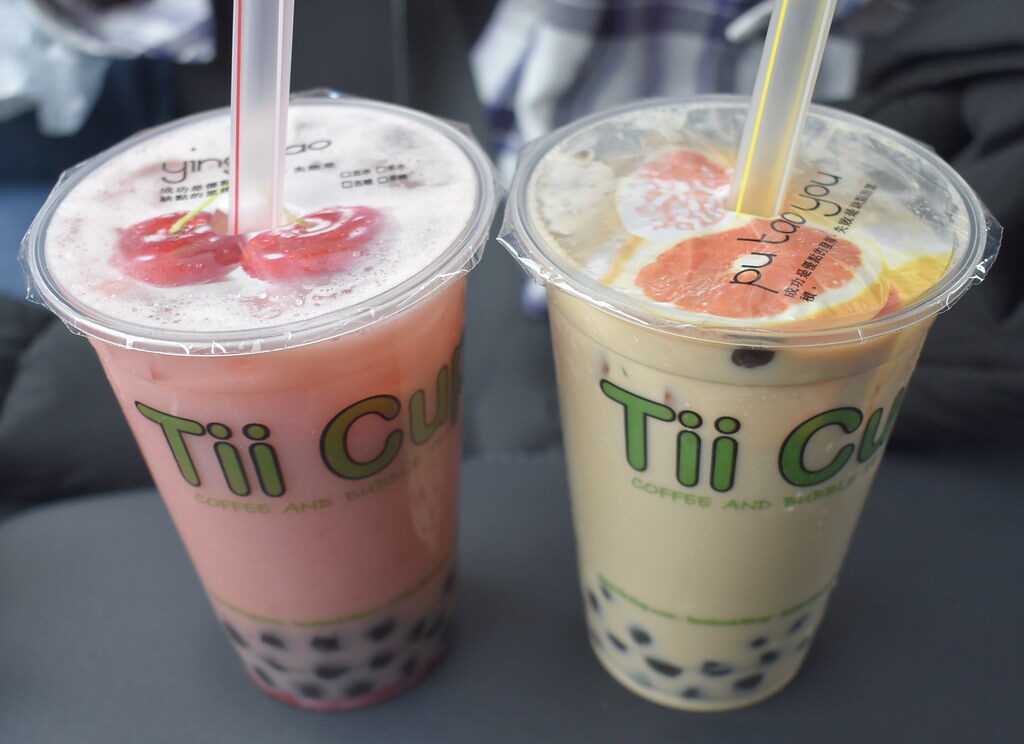
Bubble tea, also known as boba, originated in Taiwan and became a global sensation. Its appeal lies in its texture, chewy tapioca pearls paired with sweet milk tea or fruit syrup. The mix of sugar, caffeine, and playful texture creates a multi-sensory experience that strengthens cravings. Because of the social culture around boba cafés and flavor customization, bubble tea becomes more than a drink; it’s an experience. That emotional link makes it far more habit-forming than most caffeinated beverages.
8. Fruity Smoothies and Sugar-Added Juice Blends
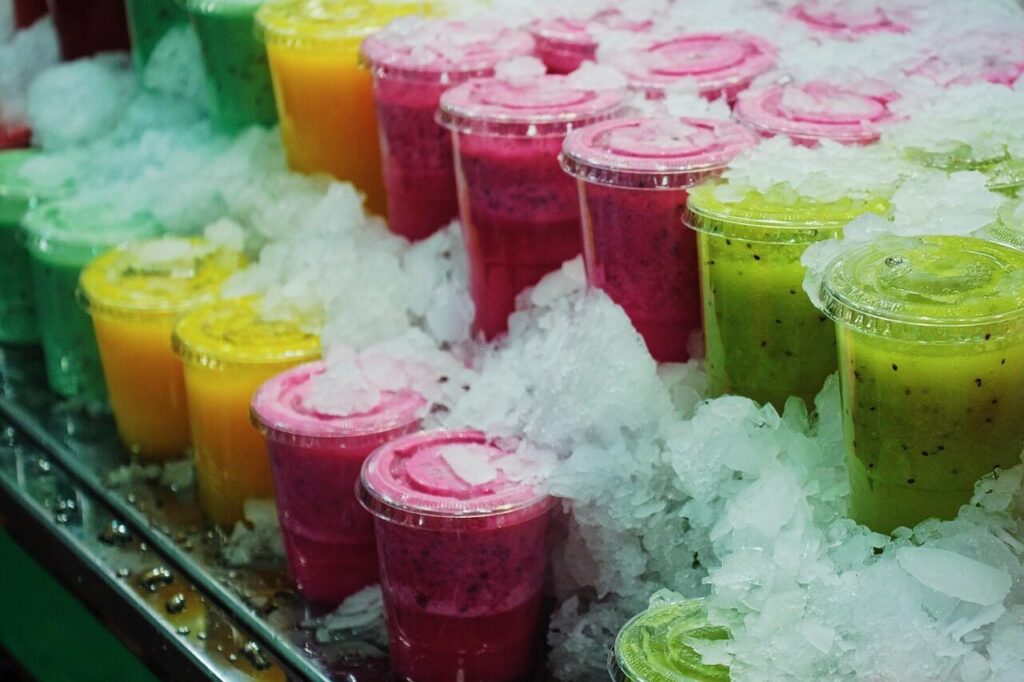
Smoothies sound healthy, but commercial versions often contain added sugar, syrups, and calorie-dense fruit concentrates. These “energy smoothies” deliver a fast sugar hit that lights up the brain’s reward center. The sweetness, fruity flavor, and health halo make people drink them daily without realizing the dependency forming. The convenience of grabbing one on the go reinforces the routine. Over time, this mix of sweetness, convenience, and perceived wellness can rival the hold coffee has on many people.
Comments